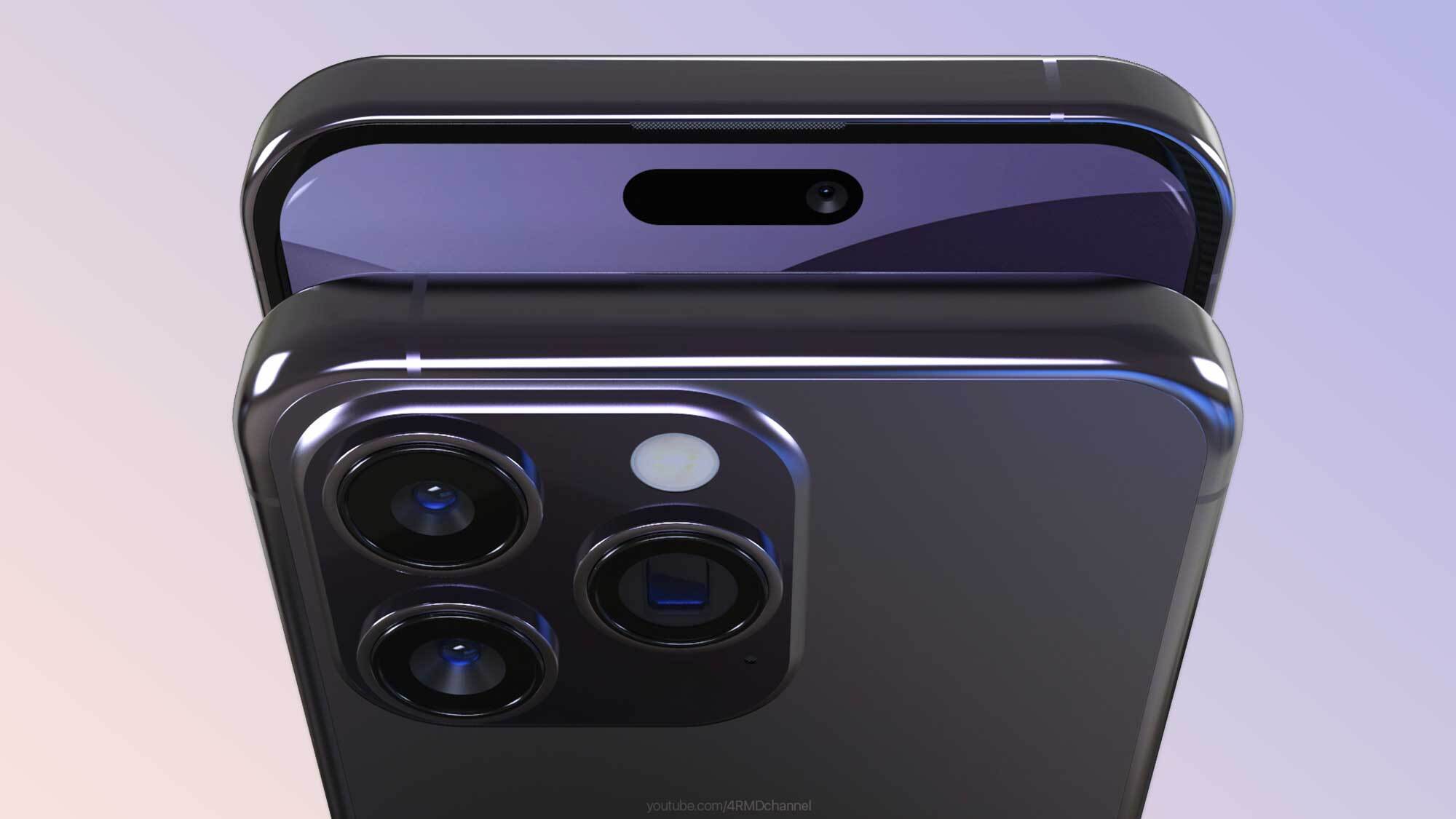iPhone 15 Pro just tipped for big performance edge over Android phones
The A17 Bionic could be the only 3-nanometer chipset for a while, according to reports

When it comes to the battle to make the best-performing smartphone for this year and beyond, Apple may have secured a big advantage for its iPhone 15 Pro models.
The Pro versions of this year's iPhone 15 update are expected to use Apple's A17 Bionic chipset. That silicon will reportedly be built using a 3-nanometer process — an improvement over the 4nm design used for the A16 Bionic chipset, not to mention the 5nm A15 currently found in the standard iPhone 14 models.
TSMC, which makes the chips that Apple designs, says it's begun mass production on 3nm chips, widely believed to be headed for the iPhone 15 Pro (and potentially the iPhone 15 Ultra if that rumored model is a reality). And based on a Digitimes report, that could be the only 3nm silicon we see in 2023.
Specifically, Digitimes says that rival chip makers Qualcomm and MediaTek are unlikely to produce 3nm chips this year, due to a number of factors involving cost and market size. MediaTek, which doesn't have that big a slice of the flagship phone market, is all but certain to take a pass on 3nm silicon this year, according to Digitimes, while Qualcomm is reportedly taking a "wait-and-see attitude."
Why nanometers matter
If that's true, it could have a big impact on smartphone performance that lasts beyond 2023. Under this scenario, the iPhone 15 Pro would debut with the 3nm A17 Bionic chipset in the fall, assuming Apple sticks to its regular iPhone 15 release schedule. But the Galaxy S24 series coming in early 2024 would still be using a 4nm chip, likely produced by Qualcomm.
That would help Apple extend its performance lead over Android phones. Typically, the smaller the chipset, the higher density of transistors you can fit onto a dye. That not only translates to performance improvements, it also means a chip can be more energy efficient as well.
Put another way, a 3nm A Series chip inside one of Apple's phones figures to outperform 4nm silicon inside an Android phone, while consuming less power as part of the bargain.
Sign up to get the BEST of Tom's Guide direct to your inbox.
Get instant access to breaking news, the hottest reviews, great deals and helpful tips.
That would be a less than ideal development for Android phone makers at any time, but especially now that the 4nm Snapdragon 8 Gen 2 is starting to appear in flagship phones like the OnePlus 11 and, presumably, the Samsung Galaxy S23.
We had the chance to test Snapdragon 8 Gen 2-powered reference device supplied by Qualcomm and found that it substantially closed the gap between top Android devices and the iPhone 14 lineup. Specifically, the Snapdragon 8 Gen 2 benchmarks showed that device posting better numbers than the A15 Bionic-powered iPhone 14 in many tests and even topping the iPhone 14 Pro Max and its A16 Bionic chipset in graphics benchmarks.
iPhone 15 Pro outlook
With Samsung rumored to be using overclocked Snapdragon chipsets for its Galaxy S23 release, Android phones seemed poised to give the iPhone a run for its money in terms of performance. But the lack of a 3nm chip to go up against the A17 Bionic could stall that progress.
And that could cause some phone makers to intervene. The Digitimes report notes that Samsung, in particular, might pressure Qualcomm to make 3nm chips that the Galaxy S24 can use in 2024 rather than let Apple enjoy more than a year of having the only 3nm silicon for its phones. It's a development worth keeping an eye on as the year goes on to see just what kind of power advantage the iPhone 15 family may be able to offer — and how long Apple can extend that advantage for.
Philip Michaels is a Managing Editor at Tom's Guide. He's been covering personal technology since 1999 and was in the building when Steve Jobs showed off the iPhone for the first time. He's been evaluating smartphones since that first iPhone debuted in 2007, and he's been following phone carriers and smartphone plans since 2015. He has strong opinions about Apple, the Oakland Athletics, old movies and proper butchery techniques. Follow him at @PhilipMichaels.

